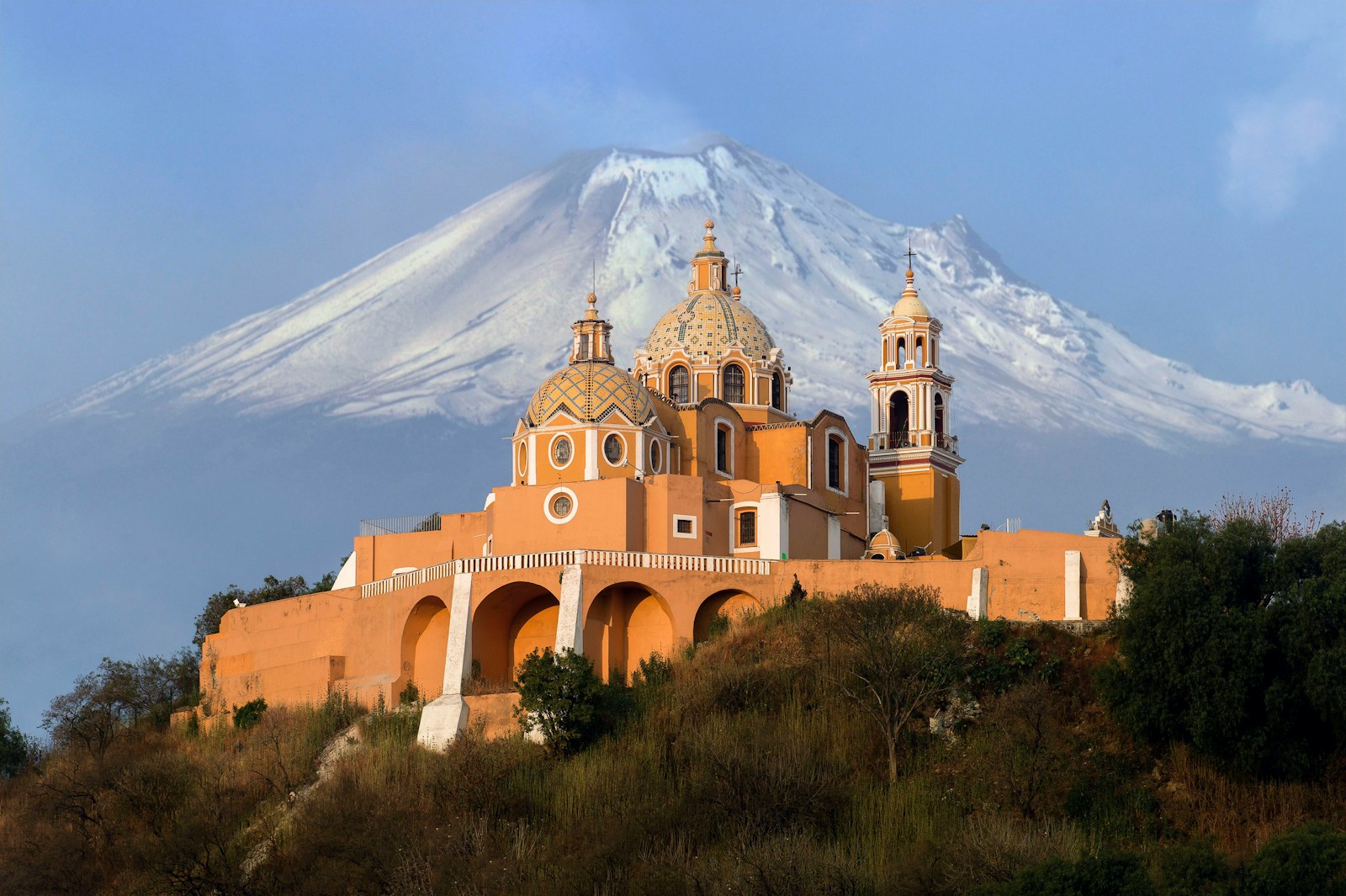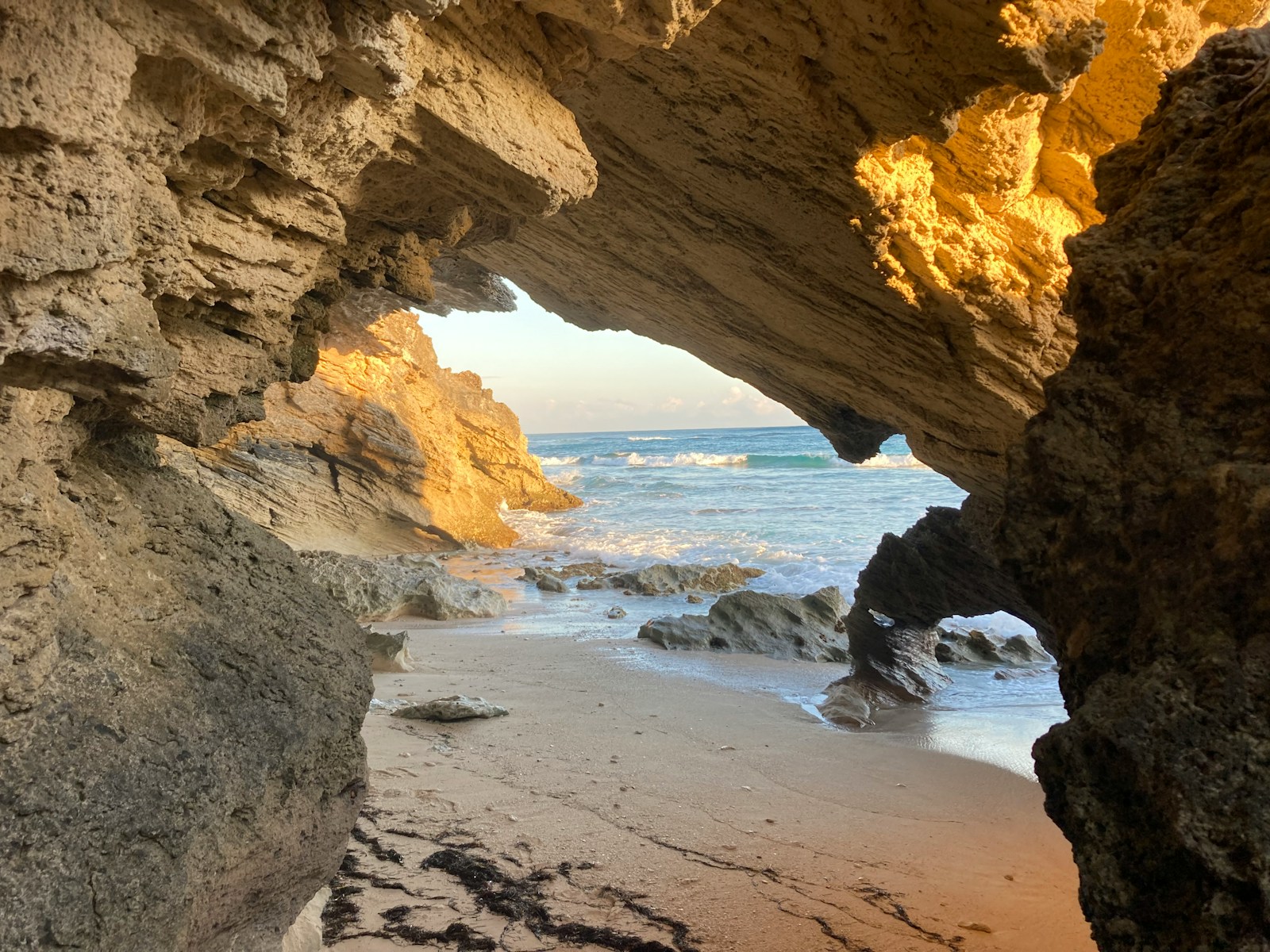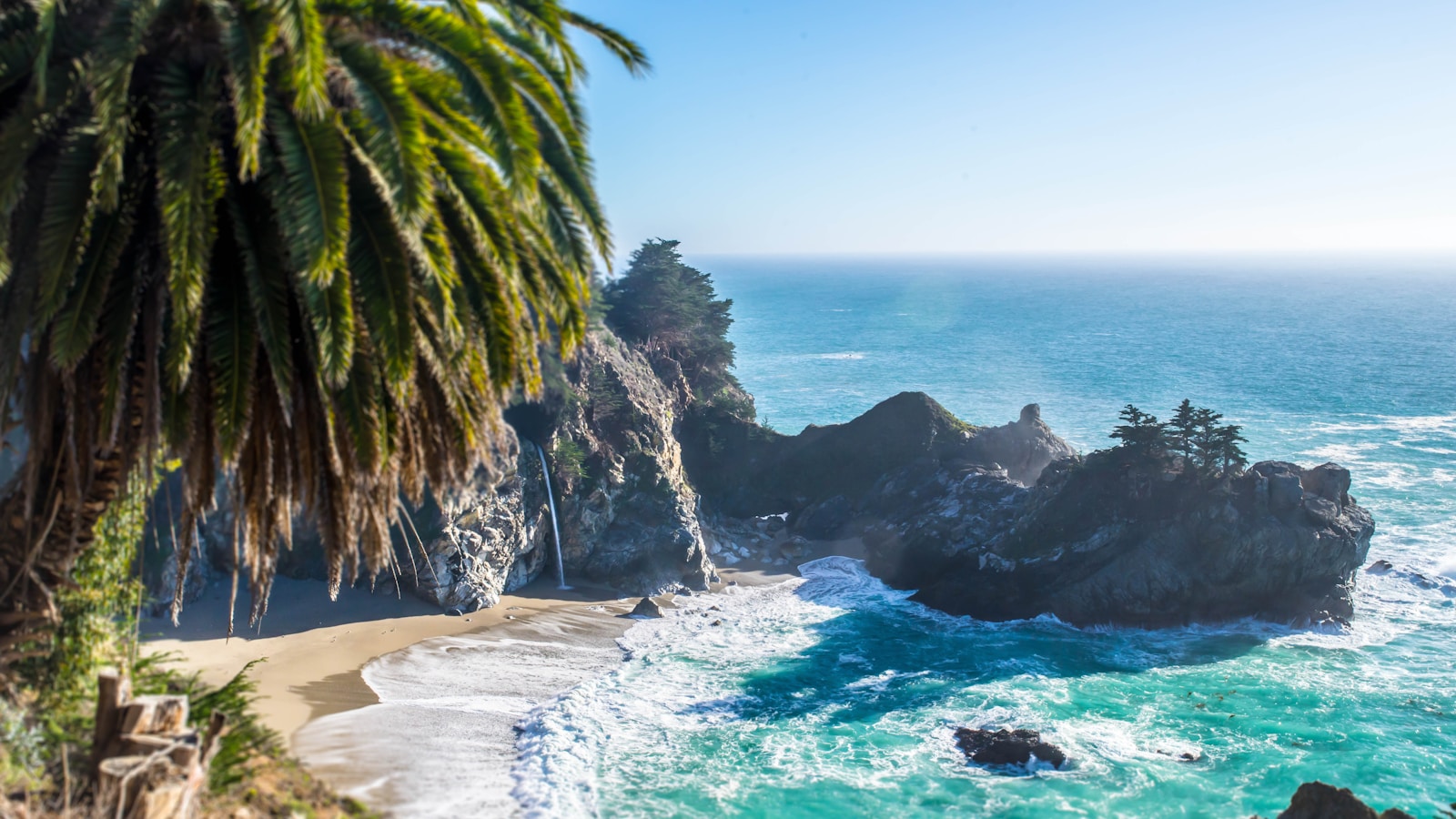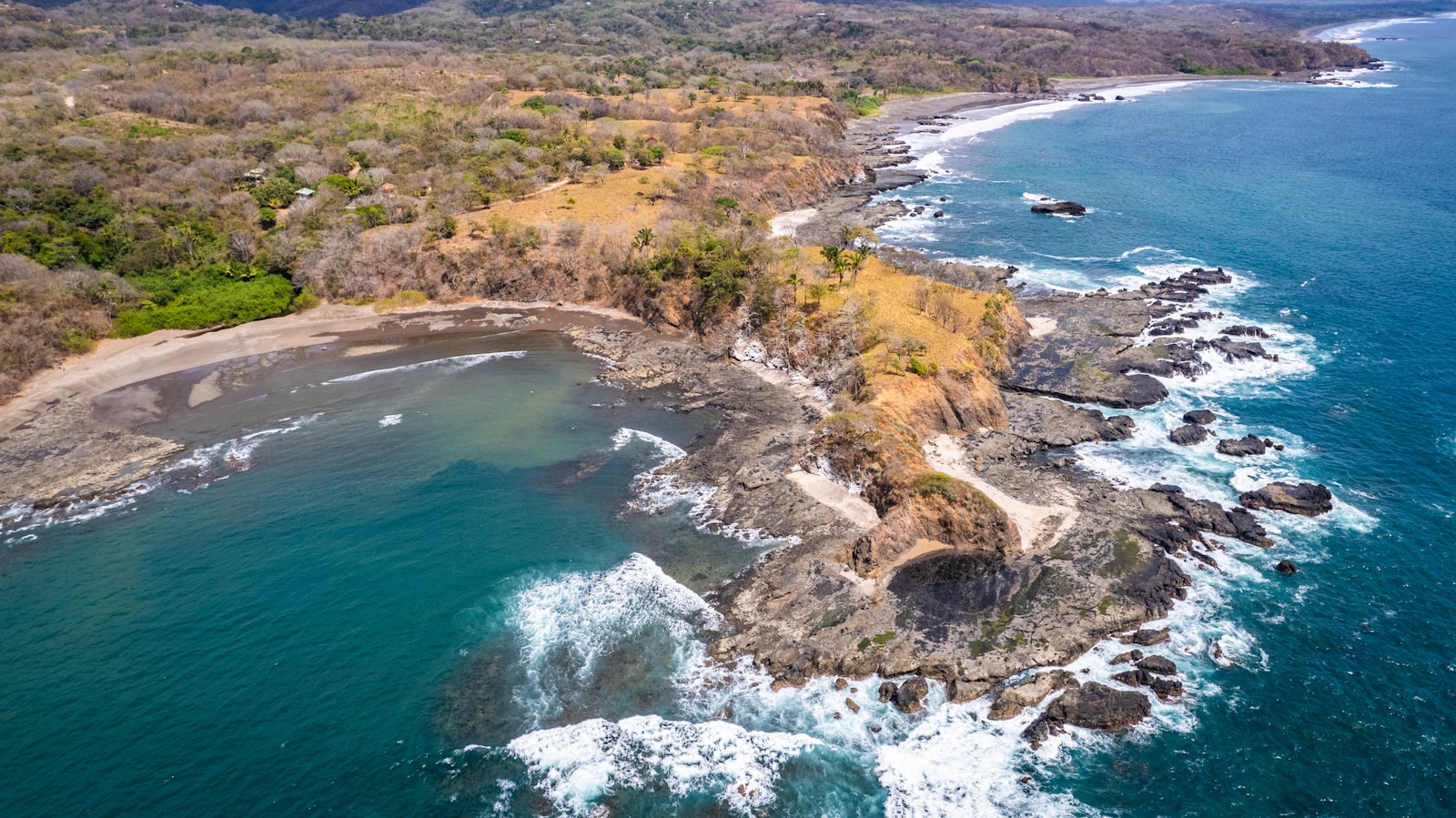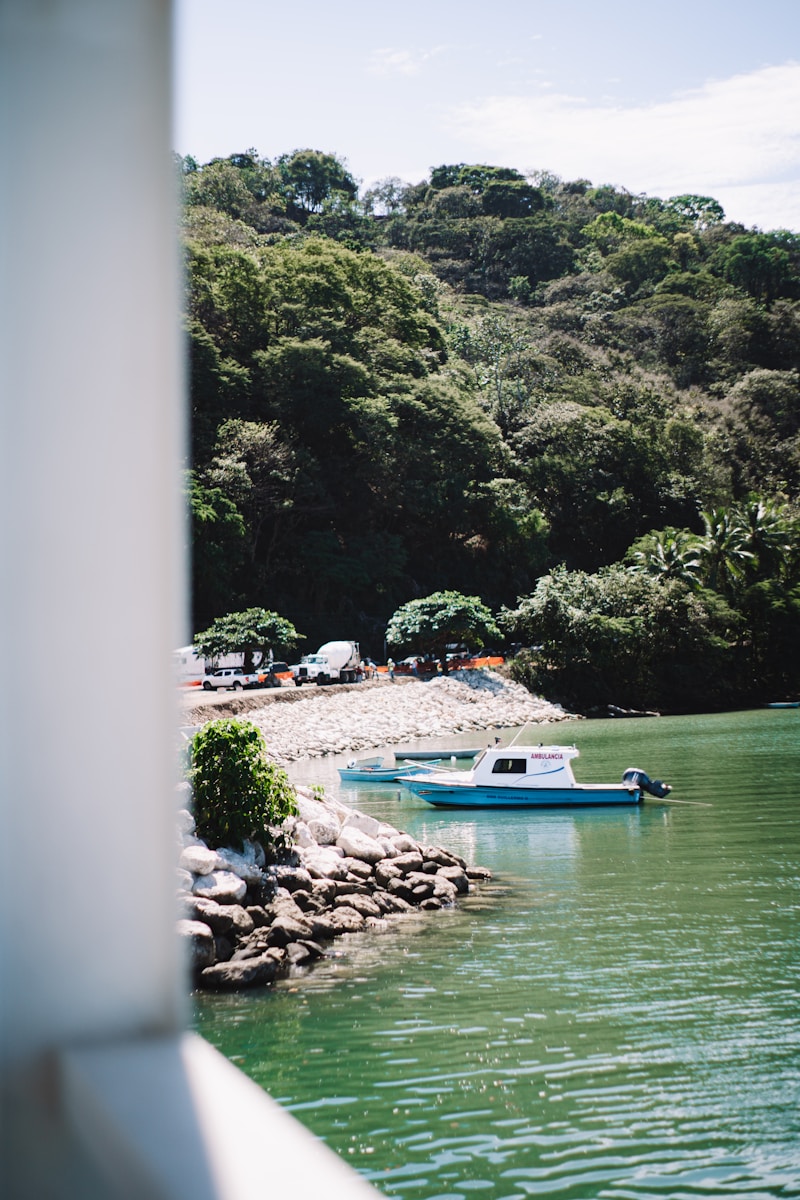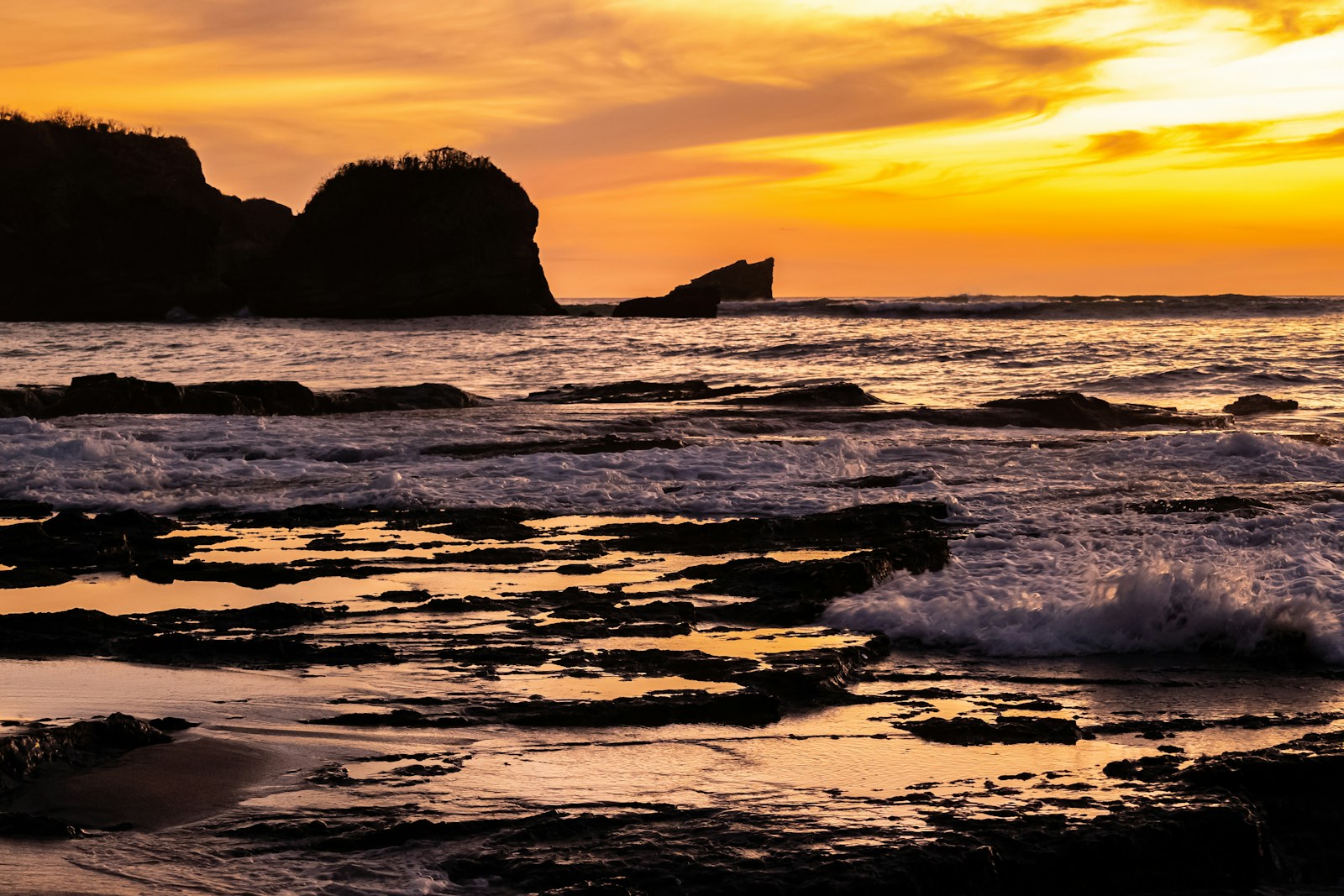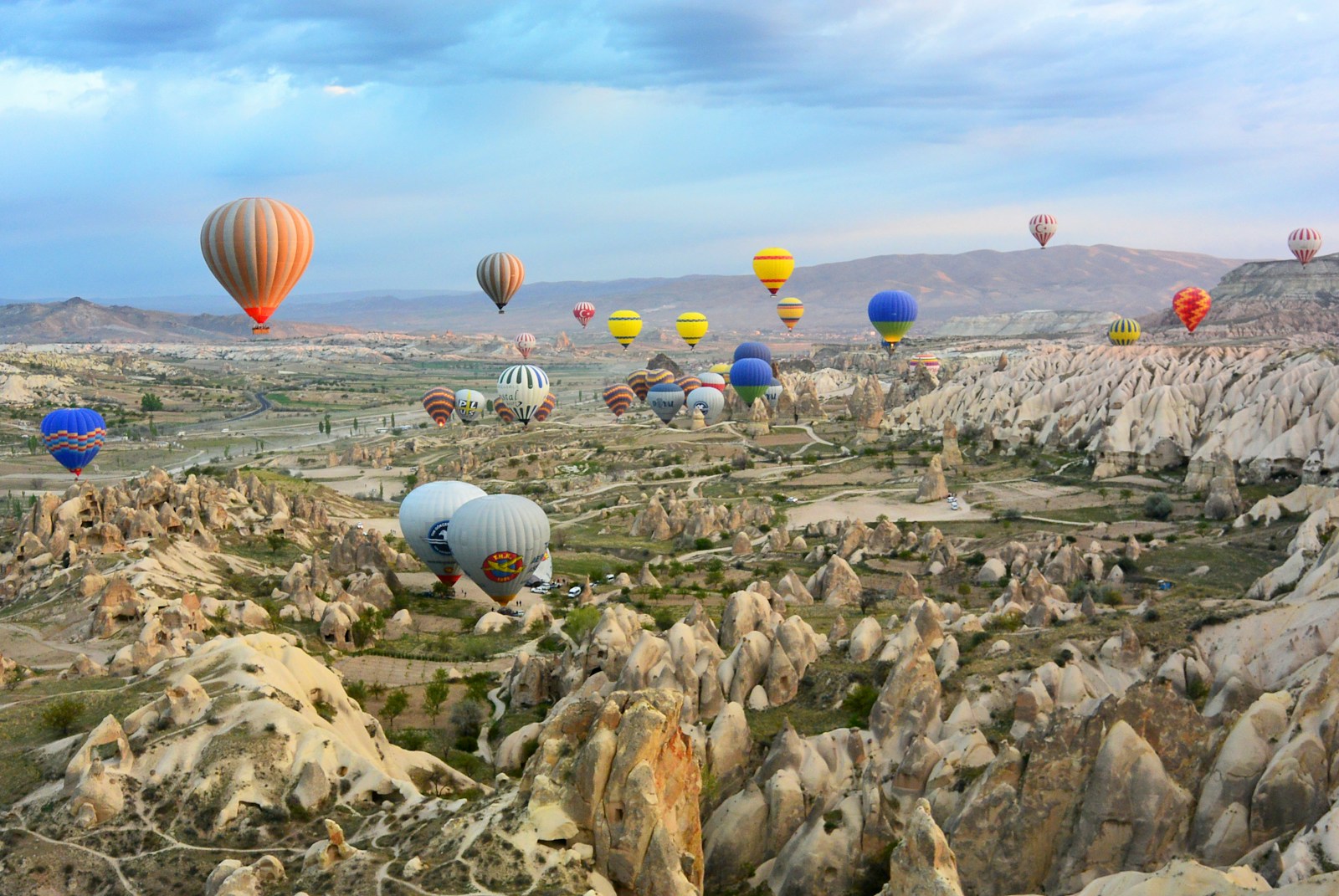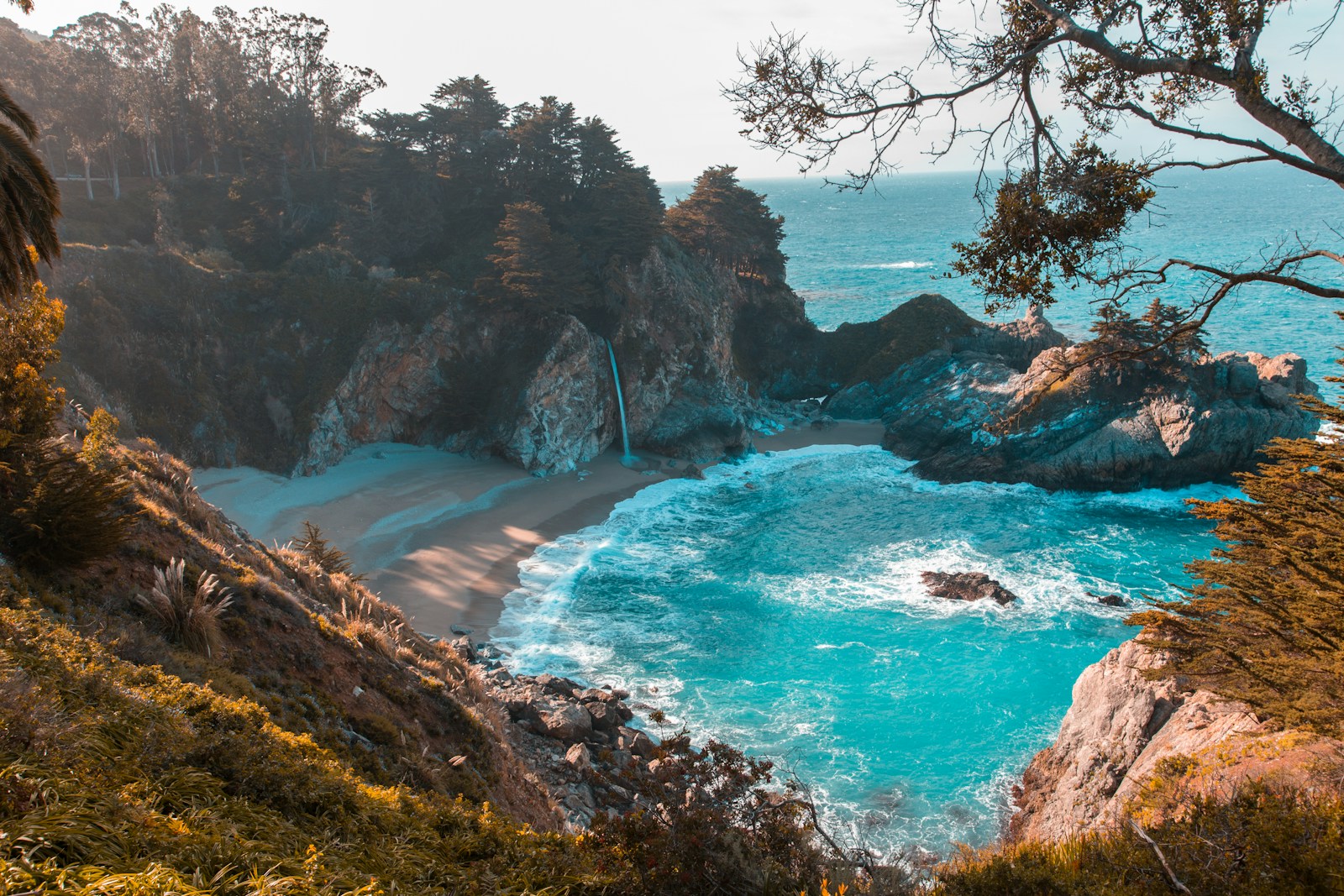Imagine an adventure where every step you take positively impacts nature and local communities. Welcome to the world of ecotourism. This sustainable travel movement is gaining traction among eco-conscious wanderers and thrill-seekers alike. For those passionate about preserving the planet while exploring its wonders, this blog will guide you through the essence of ecotourism, its diverse forms, and its benefits for our natural environments and local communities.
Understanding the Magic of Ecotourism
Definition of Ecotourism
Ecotourism is more than just a travel trend. It represents a responsible way of exploring the world that emphasizes conservation, community involvement, and sustainable travel practices. The concept centers around visiting pristine, often protected natural areas that minimally impact the environment. Unlike traditional mass tourism, ecotourism endeavors to educate travelers about the importance of environmental stewardship while promoting respect for local cultures.
Importance of Ecotourism in Preserving Natural Environments
The rise of ecotourism plays a crucial role in preserving natural environments. By allocating resources towards conservation efforts, ecotourism encourages the protection of biodiversity and ecosystems. Imagine treading lightly on fragile landscapes like rainforests or coral reefs, knowing your presence aids in safeguarding these habitats for future generations. It’s like being part of a global mission to maintain the earth’s beauty and vitality.
Benefits of Ecotourism for Local Communities and Economies
Ecotourism is a boon for local communities and economies too. It creates jobs, supports local businesses, and enhances infrastructure by injecting tourism dollars directly into the community. By offering authentic cultural experiences, ecotourism allows travelers to develop a deeper connection with the destinations they visit. Travelers get to appreciate local customs and traditions, fostering cultural exchange and mutual respect.
How to Be an Eco-Conscious Traveler
Being an eco-conscious traveler doesn’t require turning your vacation into a chore. Instead, it involves making mindful choices that minimize your environmental impact. Start by opting for eco-friendly accommodations and transportation methods. Learn about local customs and support businesses that prioritize sustainability. Carry reusable items like water bottles and shopping bags to reduce waste, and always respect wildlife and natural habitats by leaving them undisturbed.
Types of Ecotourism
Wildlife Tourism
Wildlife tourism offers a chance to encounter animals in their natural habitats. Imagine observing elephants roaming freely or witnessing a herd of wildebeests migrating across the savannah. It’s an awe-inspiring way to experience the raw beauty of wildlife while supporting conservation efforts. Ethical wildlife tourism ensures that animal welfare is prioritized and that your visit contributes to protecting these magnificent creatures.
Sustainable Travel
Sustainable travel encompasses the principles of reducing one’s carbon footprint and fostering eco-friendly practices. This form of travel involves choosing low-impact transportation, supporting local economies, and engaging in activities that prioritize environmental preservation. From hiking in protected forests to cycling through picturesque landscapes, sustainable travel lets you explore with a clear conscience.
Cultural and Community-Based Tourism
Cultural and community-based tourism immerses travelers in the traditions and lifestyles of local communities. Visitors gain insights into the daily lives of residents, participating in cultural exchanges that foster understanding and appreciation. This type of tourism supports cultural preservation and allows communities to showcase their heritage while benefiting economically from tourism activities.
Adventure Ecotourism
Adventure ecotourism combines thrill-seeking activities with sustainable practices. Whether it’s white-water rafting through lush rainforests or trekking across rugged terrains, adventure ecotourism offers unforgettable experiences while respecting the environment. By seeking out eco-friendly operators, you can enjoy adrenaline-pumping activities without compromising the well-being of natural habitats.
Eco-Lodges and Green Accommodation
Eco-lodges and green accommodations provide travelers with sustainable lodging options that minimize their ecological footprint. These establishments often use renewable energy sources, implement waste reduction strategies, and promote water conservation. Staying at an eco-lodge offers a comfortable and guilt-free way to unwind while supporting a commitment to sustainability.
Famous Ecotourism Destinations
Overview of Leading Eco-Friendly Destinations Worldwide
The world is dotted with breathtaking ecotourism destinations that beckon travelers with their natural wonders. From the lush rainforests of Costa Rica to the pristine landscapes of New Zealand, these destinations are a testament to the beauty and diversity of our planet. Each location offers unique experiences that allow travelers to connect with nature in meaningful ways.
Case Studies of Successful Ecotourism Projects
Successful ecotourism projects demonstrate the power of sustainable travel to effect positive change. One shining example is the Galapagos Islands, where carefully managed tourism supports wildlife conservation efforts. Another is Bhutan, a country that measures its success by Gross National Happiness, emphasizing environmental preservation and cultural heritage.
Tips for Planning an Eco-Friendly Trip
Planning an eco-friendly trip involves careful consideration of your travel choices. Begin by researching destinations that prioritize sustainability and conservation. Choose eco-certified accommodations and tour operators, and be mindful of your energy and water consumption during your stay. Prioritize experiences that connect you with nature and local cultures while leaving a positive impact.
Challenges and Solutions in Ecotourism
Overtourism and Its Impact on Ecotourism Sites
Overtourism poses a significant challenge to ecotourism sites, threatening the delicate balance between conservation and visitor numbers. Popular destinations can become overwhelmed, leading to environmental degradation and strain on local resources. Sustainable tourism management is essential to address these challenges and ensure that ecotourism remains a positive force for change.
Balancing Conservation and Economic Development
Finding the right balance between conservation and economic development is a delicate dance in the world of ecotourism. While tourism can bring financial benefits to communities, it’s crucial to ensure that these gains do not come at the expense of the environment. Strategies such as visitor quotas, sustainable infrastructure, and community engagement help achieve this balance.
Strategies for Sustainable Tourism Management
Sustainable tourism management involves implementing practices that protect natural and cultural resources while providing meaningful experiences for travelers. Education and awareness campaigns, collaboration with local stakeholders, and the establishment of conservation funds are effective strategies. By working together, businesses, governments, and travelers can create a harmonious relationship between tourism and the environment.
A Greener Path Forward
In conclusion, ecotourism offers a powerful way to explore the world while contributing to the preservation of our planet’s natural and cultural treasures. By choosing eco-friendly travel practices, we become stewards of the environment, supporting local communities and fostering sustainable development. Whether you’re embarking on a wildlife safari, staying in an eco-lodge, or engaging in cultural exchanges, your choices make a difference.
As you plan your next adventure, consider how you can integrate ecotourism principles into your travels. Share your experiences with others and inspire a sense of responsibility and respect for the world around us. Together, we can ensure that future generations have the opportunity to explore and appreciate the wonders of our planet through the lens of ecotourism.


